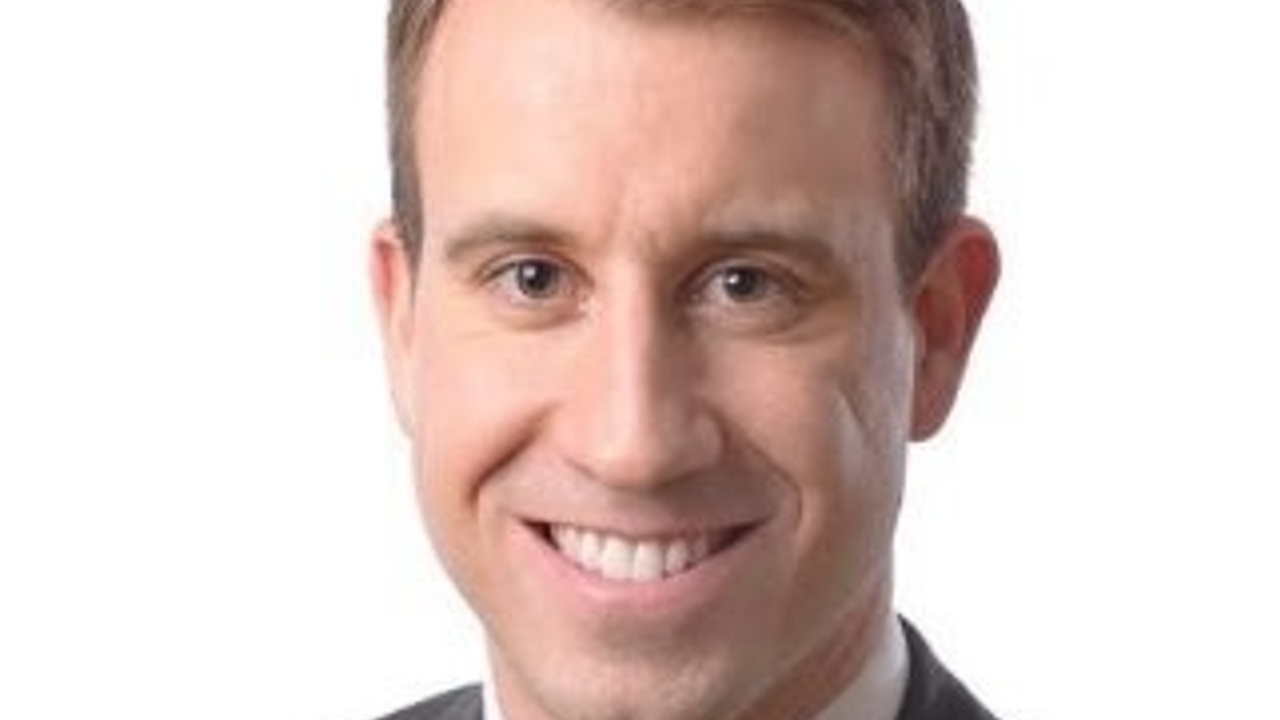Cineplex VP Legal Michael Paris on the Cineworld Case, COVID-19 Restrictions, and the Value of an In-House Litigator
Mar 13, 2022
Today we’re chatting with Michael Paris who serves as the Vice President, Legal & Chief Privacy Officer at Cineplex.
Counselwell: Tell us about your background and what led you to your role at Cineplex?
Paris: I started my career in the Commercial Litigation group at Bennett Jones LLP in Toronto. My time in private practice was mostly spent on commercial list matters, but also included appearances in class action, fraud recovery, and some interesting defamation matters. As my practice started to narrow with time, I quickly realized that I preferred the variety that comes with your first few years of practice. Knowing that in-house roles typically provide more variety and flexibility, I kept my eyes peeled for interesting opportunities.
Despite my commercial experience, I encountered resistance from a lot of companies who preferred to hire from the corporate side as opposed to a “recovering” litigator. Things were different at Cineplex for a lot of reasons, not the least of which was the Chief Legal Officer who at that time was an American and a former prosecutor from North Carolina with very different ideas about how to build an in-house legal team.
Counselwell: Cineplex was recently successful at the Ontario Superior Court of Justice against U.K. theater giant Cineworld in a case that made global headlines (Cineplex v. Cineworld, 2021 ONSC 8016). Cineplex was awarded damages of $1.24 billion after Cineworld walked away from its deal to acquire Cineplex in June 2020 in the early days of COVID-19. What was your involvement in the case?
Paris: Working alongside the CLO, we were the client side lawyers leading all aspects of the company’s internal response to the litigation. Whether it was gathering documents, preparing witnesses, or reviewing filings, we were involved at every stage. Having two in-house lawyers with a litigation background was definitely an advantage that brought great value for the company. Personally, the whole experience seemed to be a cosmic coincidence – I had earlier left private practice as a litigator dealing with corporate arrangements on the commercial list and here I was back again. Having said all that, the fine lawyers at Goodmans (Alan Mark, Julie Rosenthal, and Peter Kolla) were leading this litigation and did a fabulous job. You might ask them what it was like to have the two of us looking over their shoulder!
Counselwell: What important precedents were set in this case?
Paris: The case remains under appeal, so I’m reluctant to say too much. The commentary I’ve read highlights the interplay between the material adverse effect (MAE) clause and the ordinary course operating covenants in M&A deals. Clearly the case will inform how parties choose to allocate risks in future such transactions and has received a lot of attention due to its unique facts amid the COVID-19 pandemic.
Counselwell: It would be hard to count how often governments changed theater capacity limits, closed then re-opened theaters, and shut down concessions. Tell us about your advocacy work in trying to mitigate the impact of provincial orders on the business?
Paris: One of the best parts of my job is the opportunity to advocate before policy makers and elected representatives on issues that affect our industry. Throughout the pandemic, I found myself in league with other stakeholders in film and other related sectors including restaurants, retail, and those in the businesses of live event and sports. One of the lingering frustrations in virtually every province was the knee-jerk tendency to lump cinemas in with other indoor spaces that did not have similar features or safeguards.
My elevator pitch was focused on the 4 S's: (1) Seated and sedentary moviegoers; (2) Silence is the rule; (3) Seated facing one direction; and (4) Spaced out in large well-ventilated auditoriums. Notwithstanding an argument that was well supported by data and peer reviewed science (including some court decisions overseas), our experience was that provinces were quick to close cinemas first and reopen them last. We are definitely pleased that we seem to be on the other side of pandemic restrictions.
Counselwell: How can other litigators gain an edge in the in-house job market, especially when competing with corporate lawyers who are often viewed as having more well-rounded experience?
Paris: The litigator has a uniquely refined ability to spot legal risk coming from unexpected places. In my opinion, I think they’re well suited to work in highly regulated industries, disruptors, or those being disrupted by aggressive market competitors or new technologies. Litigators with commercial experience can provide the best of all worlds and contribute in versatile ways for the in-house legal team with unique challenges. My advice to those litigators moving in-house is to market their skillset as quick learners, adaptive problem solvers, and their overall sensitivity to risk. That being said, the more you can emphasize your experience in complex business transactions, the better.

